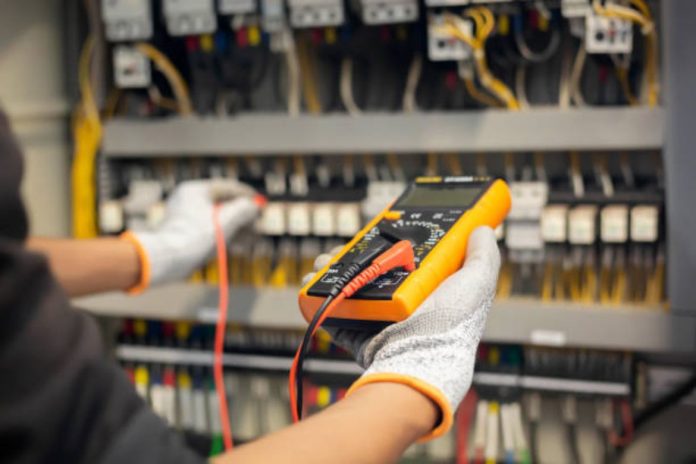In an era where technological advancements are rapidly transforming the landscape of various industries, the concept of smart buildings is becoming increasingly prominent. Smart buildings, designed with integrated systems for enhanced efficiency and functionality, represent the future of commercial and residential structures. For businesses requiring comprehensive building installation and maintenance services across mechanical, electrical, and data sectors, understanding the integration of these systems is crucial. This article explores how mechanical and electrical contractors are at the forefront of this transformation, particularly in areas such as air conditioning, data networks, and electric car charging points.
The Benefits of Smart Buildings
Smart buildings utilise cutting-edge technology to optimise energy management, improve security, and streamline building operations. These systems are interconnected, allowing for real-time monitoring and control. The benefits are manifold: reduced energy costs, enhanced occupant comfort, and improved operational efficiency. For businesses, these advantages translate into significant cost savings and a reduced environmental footprint.
Role of Mechanical and Electrical Contractors
Mechanical and electrical contractors play a pivotal role in the creation and maintenance of smart buildings. Their expertise is crucial in ensuring that the various systems within a building are seamlessly integrated and function efficiently. This includes everything from HVAC systems and lighting to data networks and electric car charging points.
Smart HVAC Systems
One of the primary areas where mechanical and electrical contractors make a significant impact is in the installation and maintenance of smart HVAC (Heating, Ventilation, and Air Conditioning) systems. These systems are designed to adjust heating and cooling outputs based on real-time data, such as occupancy levels and external weather conditions. Advanced HVAC systems can be controlled remotely via mobile devices or centralised building management systems, allowing for optimal energy usage and enhanced comfort for occupants.
Integration of Data Networks
In smart buildings, the integration of robust data networks is essential. These networks form the backbone of the building’s intelligence, facilitating communication between various systems and devices. Mechanical and electrical contractors ensure that these data networks are installed correctly and maintained efficiently, providing reliable connectivity for all smart systems. This includes the installation of structured cabling, network switches, and wireless access points, which are crucial for seamless data flow and system interoperability.
Electric Car Charging Points
As electric vehicles become more prevalent, the demand for electric car charging points in commercial buildings is increasing. Mechanical and electrical contractors are tasked with installing these charging points, ensuring they are integrated with the building’s electrical system. This not only supports the growing number of electric vehicle users but also positions businesses as forward-thinking and environmentally conscious. Modern charging points are often equipped with smart features, such as real-time usage monitoring and load balancing, which helps in managing the building’s overall energy consumption effectively.
Case Studies of Successful Smart Building Projects
Several case studies highlight the successful integration of smart systems in buildings. For instance, a recent project involved the retrofitting of a commercial office building with smart HVAC systems, advanced lighting controls, and an integrated data network. This resulted in a 30% reduction in energy costs and significantly improved occupant satisfaction. Another project saw the installation of multiple electric car charging points, which attracted new tenants and enhanced the building’s green credentials.
Conclusion
The future of smart buildings is bright, with mechanical and electrical contractors playing a crucial role in their development and maintenance. By integrating advanced HVAC systems, robust data networks, and electric car charging points, these professionals ensure that buildings are not only energy-efficient and comfortable but also ready to meet the demands of the modern world. For businesses, investing in smart building technologies through experienced contractors is a strategic move towards sustainability and operational excellence.








